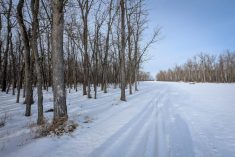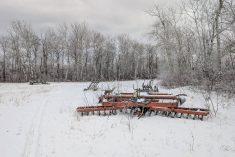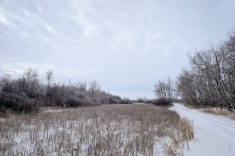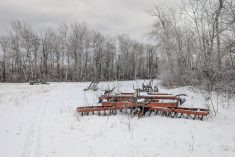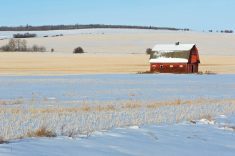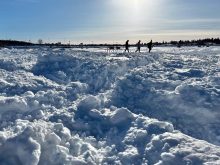Alberta’s new provincewide ban on recreational use of off-highway vehicles (OHVs) in provincial parks and on other public lands won’t apply to their use in farm work.
The provincial government announced the temporary OHV ban Friday as “another tool… to help prevent the spread of wildfires,” on top of Thursday’s provincewide fire ban and its ban on use of incendiary targets on all provincial Crown lands.
“We do not take this step lightly; however, we must reduce the potential for more wildfires throughout the province,” Environment and Parks Minister Shannon Phillips said in a release Friday.
Read Also
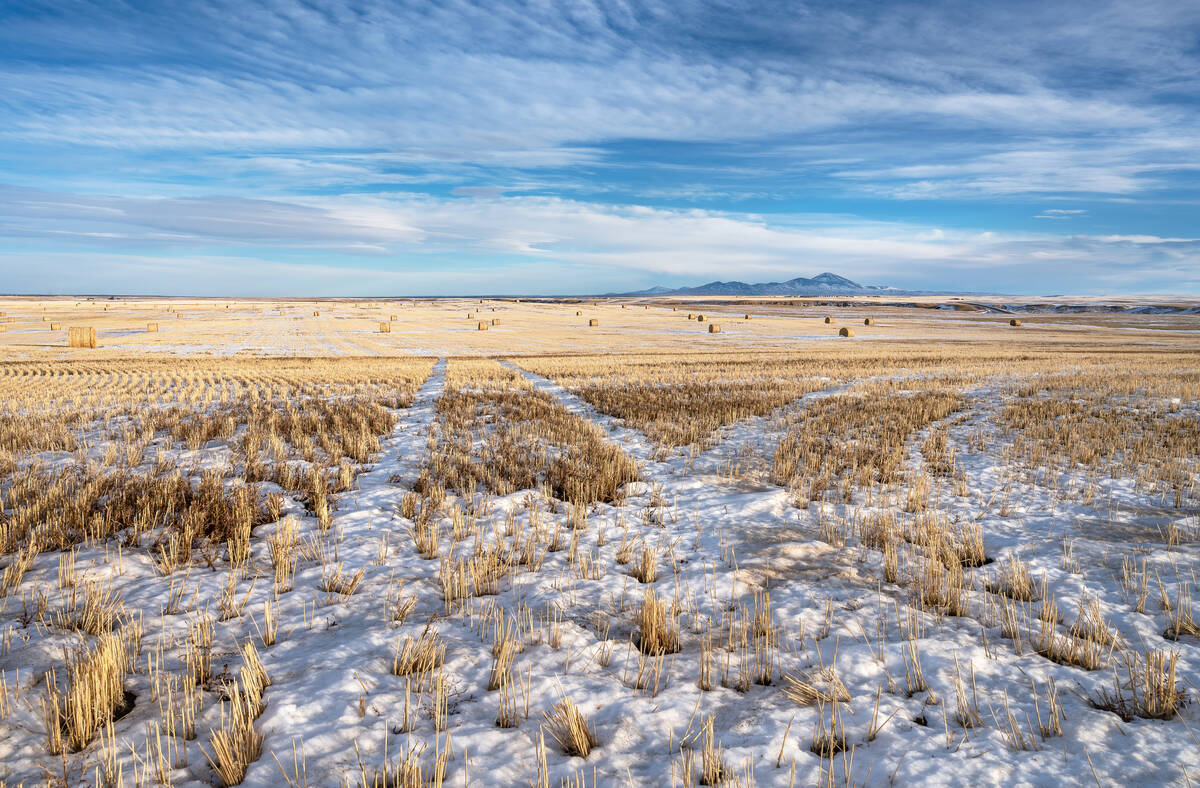
Prairie forecast: Above-average temperatures across Prairies
The Feb. 4 to 11 forecast looks mostly warm across Saskatchewan, Alberta and Manitoba with chances of light precipitation in Manitoba.
“Quite simply, OHV recreational use under our current conditions has the very real potential to contribute to an already catastrophic wildfire season.”
OHVs, for the purpose of this ban, include all-terrain vehicles (ATVs), four-wheel vehicles, motorcycles and “related two-wheel vehicles and amphibious machines.” The ban will apply to “recreational use on public lands, including designated OHV trails, only.”
But the ban won’t apply to “agriculture, public safety or commercial/industrial users who operate OHVs for farming, enforcement or business purposes.”
Indigenous peoples using OHVs in the exercise of rights covered by the federal Constitution Act and Natural Resources Transfer Agreement (NRTA) are also exempt from the ban.
Wildfire management staff, conservation officers and Fish and Wildlife officers will enforce the temporary ban starting “immediately,” the province said.
In announcing its fire ban on Thursday, the province had urged riders to “avoid OHV use as much as possible.”
To prevent wildfires, OHV users must ensure no debris builds up around a vehicle’s exhaust, in its engine and manifold, in its wheel wells and/or under its seat, the province said in a separate notice.
Muskeg should be avoided “at all times,” the province said, but if it can’t be avoided, riders should stop and remove any debris that may have built up in those spots on the vehicle.
OHV riders are also urged to carry a small fire extinguisher and collapsible shovel to put out small fires, and to ensure the machine’s spark arrester and muffler are in “good working condition.”
Any alteration to an OHV’s factory components can increase the chance of starting a wildfire and can lead to “enforcement actions,” the province said.
The province said the OHV ban came in response to a request from the Alberta Off-Highway Vehicle Association.
“As responsible OHV users in this province we want to do our part to prevent wildfires and to reduce the burden on firefighters and emergency personnel,” AOHVA president Brent Hodgson said Friday in the province’s release.
As of Friday afternoon, 40 wildfires were reported to be burning in the province, the largest of which forced the evacuation of the northeastern Alberta city of Fort McMurray. Of the 40 fires, five are still deemed “out of control.”
The Alberta SPCA is co-ordinating support for horses and other livestock in affected areas, the province said Friday.
The SPCA will also assist if evacuees bring horses or other livestock with them to the evacuees’ reception centre at Northlands in Edmonton, the province said. — AGCanada.com Network



